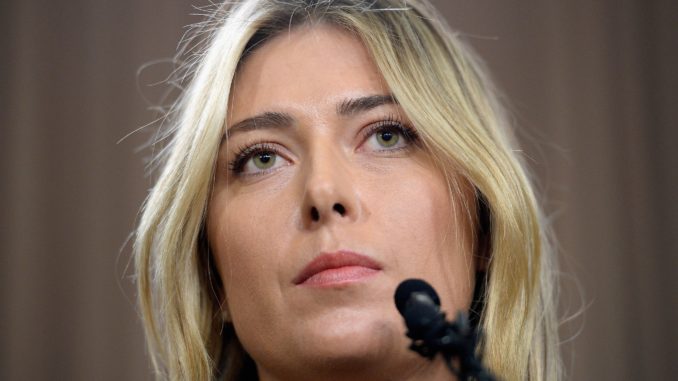
Maria Sharapova’s two-year doping ban has been reduced to 15 months following her appeal to the Court of Arbitration for Sport (Cas).
The five-time Grand Slam winner, 29, was initially banned by the International Tennis Federation for two years after testing positive for meldonium at the 2016 Australian Open.
The Russian will be able to return to the tennis court on 26 April, 2017.
“I am counting the days until I can return,” she said on Tuesday.
Meldonium, a heart disease drug, became a banned substance on 1 January 2016.
Sharapova said she had been taking the drug since 2006 for health problems and had “not tried to use a performance-enhancing substance”.
She said she was unaware the drug had been added to the World Anti-Doping Agency’s (Wada) banned list.
The former world number one said she could not “accept” the “unfairly harsh” ban when it was announced by the ITF in June.
The Cas panel said it found Sharapova’s case “was not about an athlete who cheated”, but added she “bore significant fault for her violation”.
It added that Sharapova was at fault for not giving her agent “adequate instructions” in checking Wada’s prohibited list and “failing to supervise and control” of her agent.
The tribunal ruling said Sharapova tested positive for meldonium in an out-of-competition test on 2 February, as well as in the aftermath of her Australian Open quarter-final defeat by Serena Williams on 26 January.
It treated both results as a single anti-doping violation.
The suspension is backdated to 26 January 2016, meaning Sharapova can return for next year’s French Open in May.
Sharapova won the Wimbledon singles’ title as a 17-year-old in 2004, going on to win the Australian, French and US Opens to complete a career Grand Slam.
More to follow.
